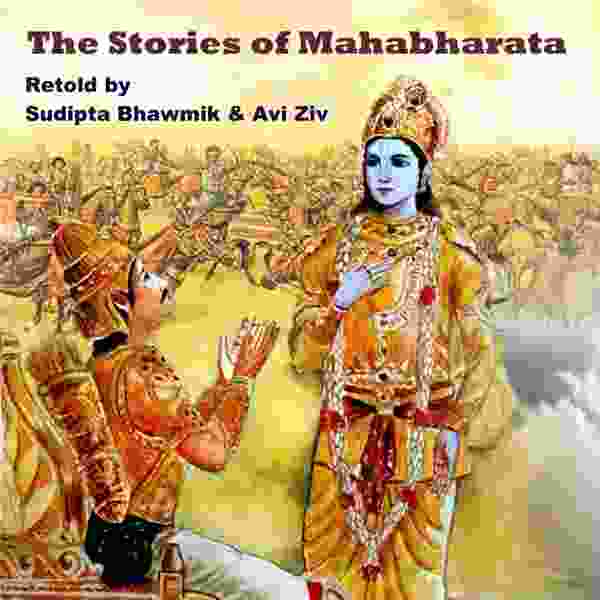





Hosted on Acast. See acast.com/privacy for more information.


The in-depth obsessive podcast about The Smiths and the songs that saved your life, hosted by Kasmir Hird, an independent musician and Smiths obsessive.
Smithscyclopedia stuff:
Socials: @smithscyclopedia
Email: Smithscyclopedia@gmail.com
Kasmir Hird stuff:
Socials: @thekasguy
Music: https://linktr.ee/Kasmir_Hird
Hosted on Acast. See acast.com/privacy for more information.

